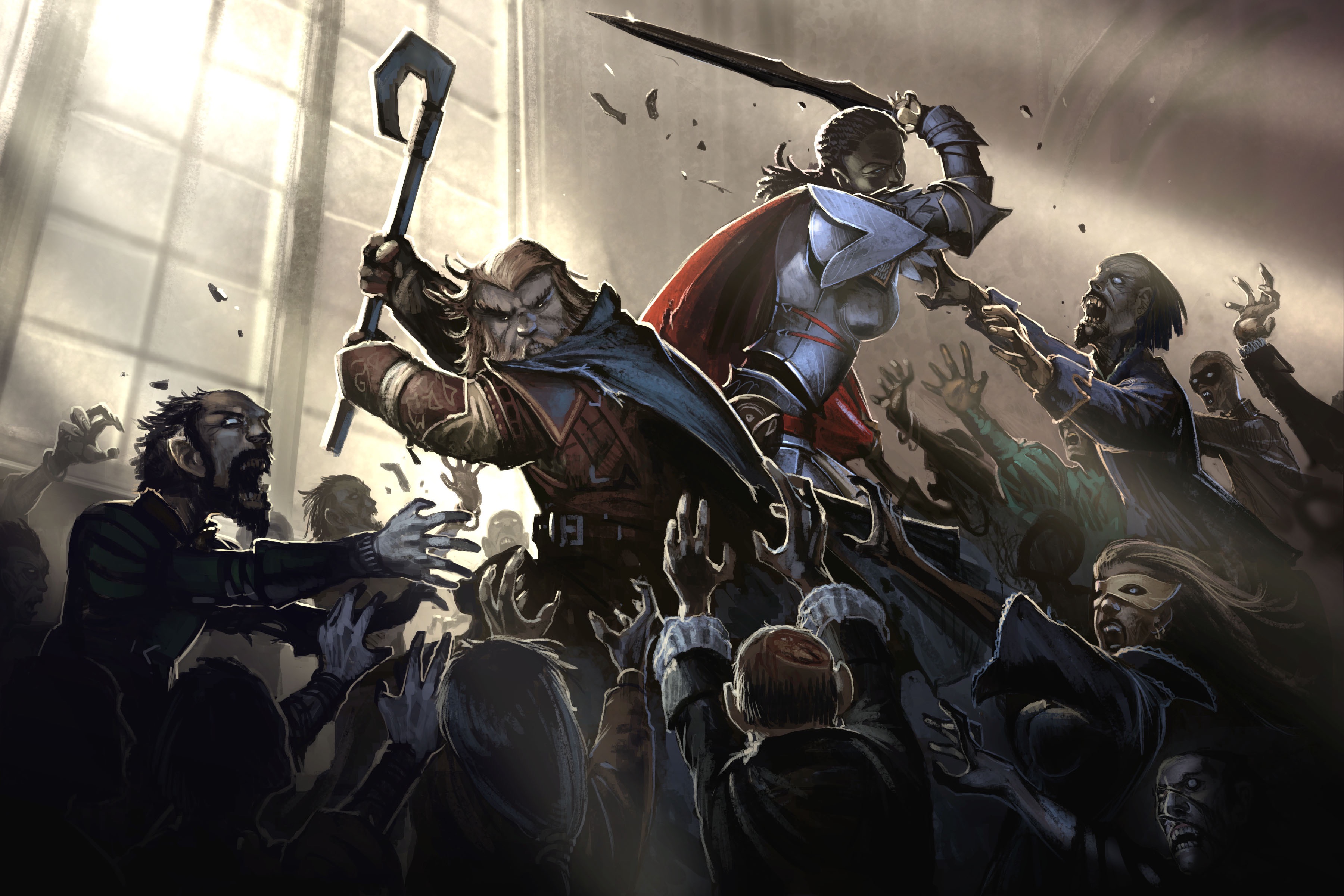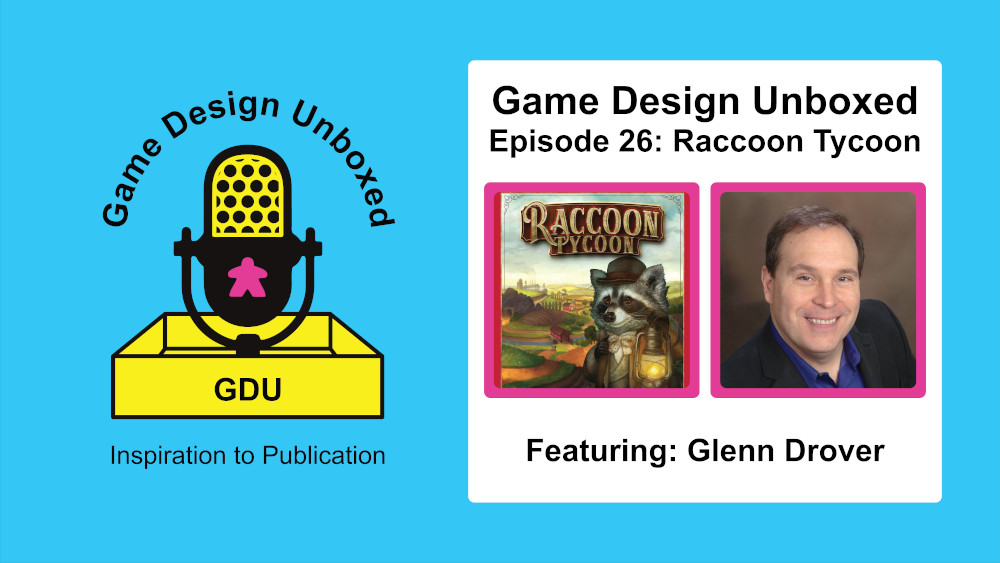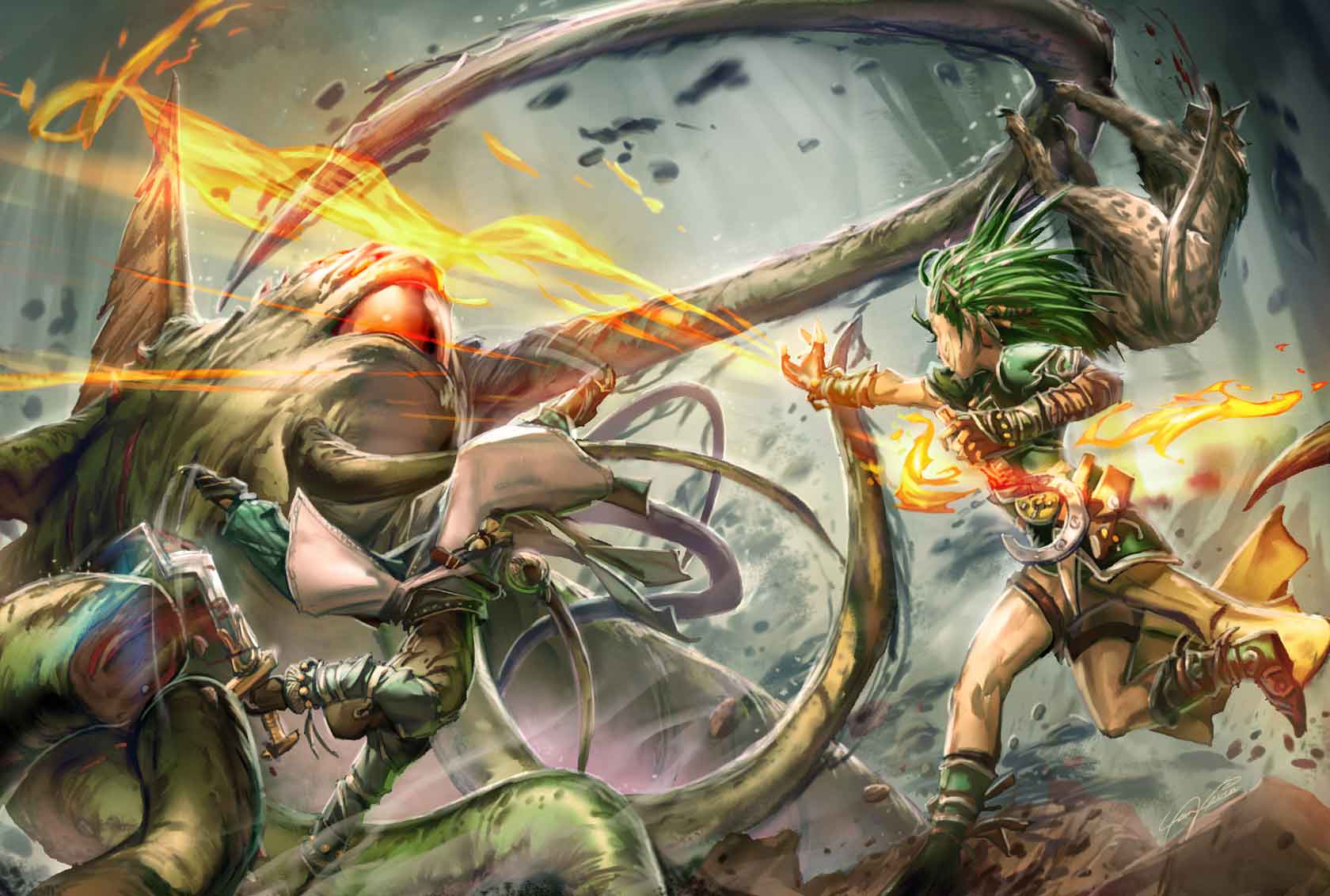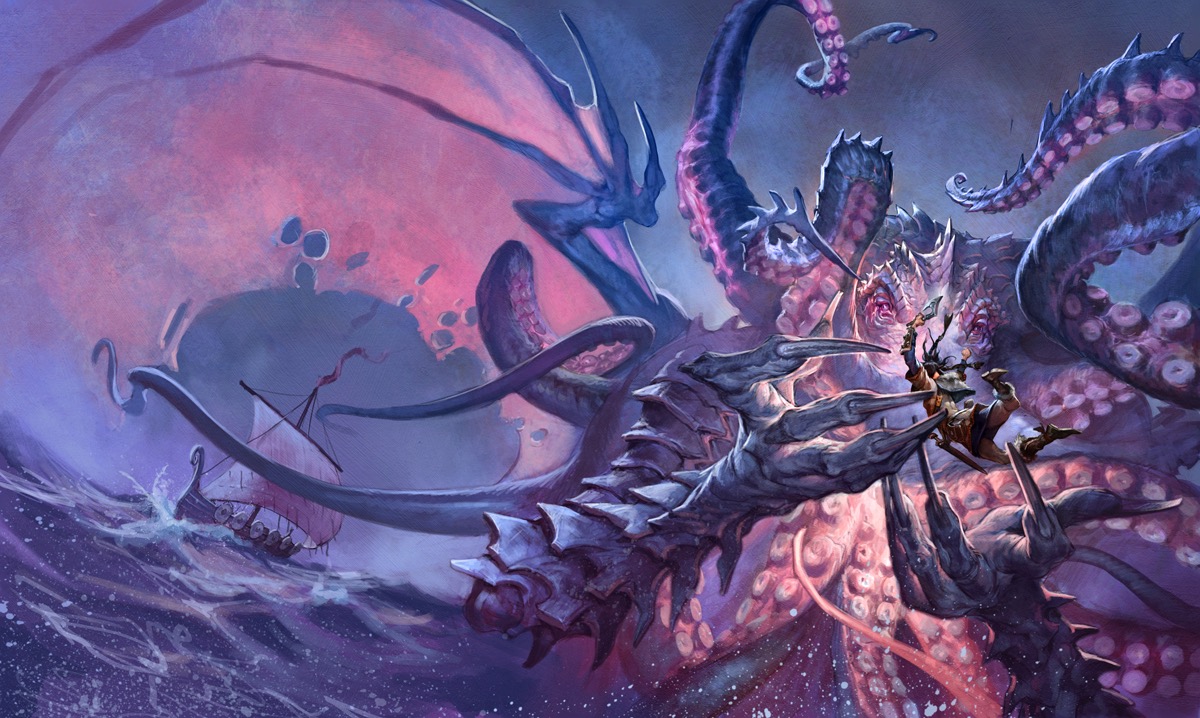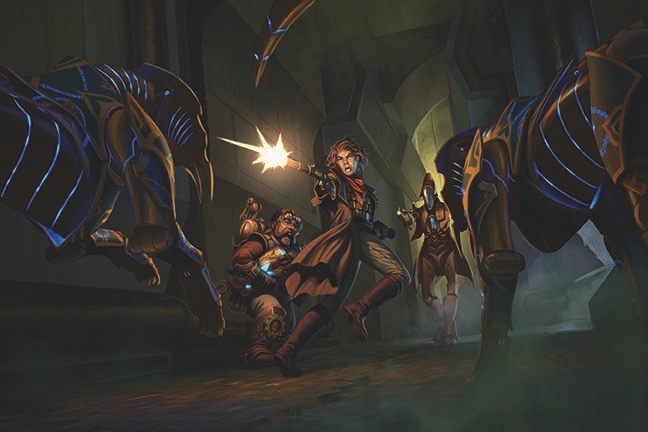Hello and welcome to Eldritch Excursion, the blog where I would normally describe the flavor and mechanics of death, but I have neither tasted death nor have I met a death mechanic to look at my death mobile. I really should, but it’s hard to afford death mechanics in today’s action economy.
The topic for this blog was inspired by a video about sword fighting with legally distinct not-lightsabers that has good choreography and some nice special effects. Check it out. It’s only five minutes. I’ll wait.
Welcome back! I’ve been thinking about the weight of character death in tabletop RPGs. It can be a significant moment in the story as well as a tragic loss for any party that’s too low level to afford a means of bringing them back. On the contrary, it’s a simple occupational hazard for the high-end heroes who are powerful and rich enough to afford it, assuming the setting allows for it. Coming back from the brink of death is a hallmark of powerful magic that an equally powerful party has earned through several levels and the countless hours of climbing through every last one of them.
But what if it wasn’t? What if death was a problem that could be dealt with as easily as a visit to the dentist’s office? Whether you’re in a fantasy setting or a science fiction setting, this has the potential to change the entire tone of your adventure. But you also have to ask yourself several questions about exactly how death is so easily defied. And with that line of thought, you might find yourself considering a few divergent paths. Here are some of the ones I came up with.
Drive-Thru Divine
The simplest approach is the humble price reduction. Your traditional resurrection means hiring the services of a highly experienced priest or druid (which may or may not be difficult depending on the setting and location) and typically pay an additional price for a disposable something-or-other that brings one person back with several temporary penalties. But imagine if bringing back someone from the dead was as cheap and easy as installing a replacement organ, or that slightly tweaking a cheap spell meant for objects allows it to work on human bodies.
Now you’ve got a world where life is cheap and death is barely an issue. The video linked above displays a wonderful example of how this might directly affect adventurers, but nearly every industry would change. Hazardous labor conditions could become more common as the results are more curable, secretive information brokers may use medical facilities to transport ‘dead’ agents with precious information, and institutions of both the arcane and alchemical would have an explosion of innovation earned by the lifting of previously life-saving restrictions. There’s a lot of potential to have a lighthearted game fueled by literal gallows humor as people have the ability to come back again and again with minimal consequence. That kind of mood might make for a fun change of pace.
Indefinite Mandatory Overtime
Imagine a world where the grim reaper has been defeated and the very concept of death has been erased from the equation. It could be the unforeseen consequence of the victory of a beloved hero, or the intentional result of the Big Bad messing with the laws of nature to achieve a monkey’s paw sort of immortality. In this version, death does not occur to anyone, no matter how earned it is. On one hand, it means that a person will eventually recover from even the most grievous injuries. On the other hand, it also means that people will still have to endure the aforementioned grievous injuries. Those who were meant to die of old age are hardly better off; they simply continue to wither, the years turning into lifetimes, their bodies shriveling into barely-alive husks.
This one can lean pretty heavily into horror if you’re so inclined. In a way, it makes the career of Adventurer seem far more dangerous; the sweet release of death would never come to a poor ranger crushed within a miles-deep cave-in, nor would it deliver peace to an unfortunate wizard trapped within the belly of some great immortal beast. In a setting so cursed, there are countless people who would hire heroes to solve this mystery, from the selfish nobles who want to end the blockade deterring their progress to the concerned caretakers who simply want the suffering to end. Of course, countless cults and opportunists may fight tooth and nail to preserve the new status quo, and magically induced immortality is the perfect mechanism to allow for reoccurring villains.
Always Read the Fine Print
And then there’s my personal favorite, and one that I often propose in home games. While traditional means of bringing back the deceased are around, there are also alternatives available. Alternatives that are extremely cheap if not outright free, so long as you don’t mind the unconventional methods or the unusual side effects. These can come from all sorts of sources, such as your classic deal with a devil, a strangely-worded fae contract, an aberrant parasite that burrows into the body and forcibly revives it, or whatever you can imagine. And the price of this deal can be just as strange and unusual as the source. I’m partial to the idea that each time the player character comes back, something changes. Something is taken away. Something is broken. Here are a few ideas for consequences for each death and revival.
- The character can no longer see faces, usually perceiving them as vague and blurry or as barely-articulate planes of skin.
- The character gains a familiar that does everything in its power to follow them around, and they seem to become violently ill whenever the familiar is harmed. The character has no control over the familiar.
- The character’s body constantly grows excess skin, hair, and nails, shedding excess clumps and brittle slivers throughout the day. It requires vigilant hygiene and leaves an obvious trail to track unless they take special precautions.
- Healing spells still effect the character normally, but the sensation burns like fire and always leave scars that look like the wound was cauterized.
- The character’s soul is corrupted and becomes repellent to all other creatures. When affected by any spell and that spell has an effect determined by alignment, the character’s alignment always counts as the polar opposite of the caster’s alignment.
And those are just a few that I had while rolling it around in my head. They’re intentionally rules light to allow for integration for multiple systems, and some are meant more for flavor and atmosphere, but for a baseline I’d probably resort to -2 penalties for relevant rolls or +2 bonuses for enemies in the right circumstances. Feel free to use one as your price of rebirth, or even make up more for the list and make a proper randomized table out of it. I’d suggest adding options that are thematically tied to the setting, the Dealer, and most importantly how the PC died. All within the range of what’s acceptable for your players, of course. You did have a Session Zero, right?
Always have a Session Zero.

